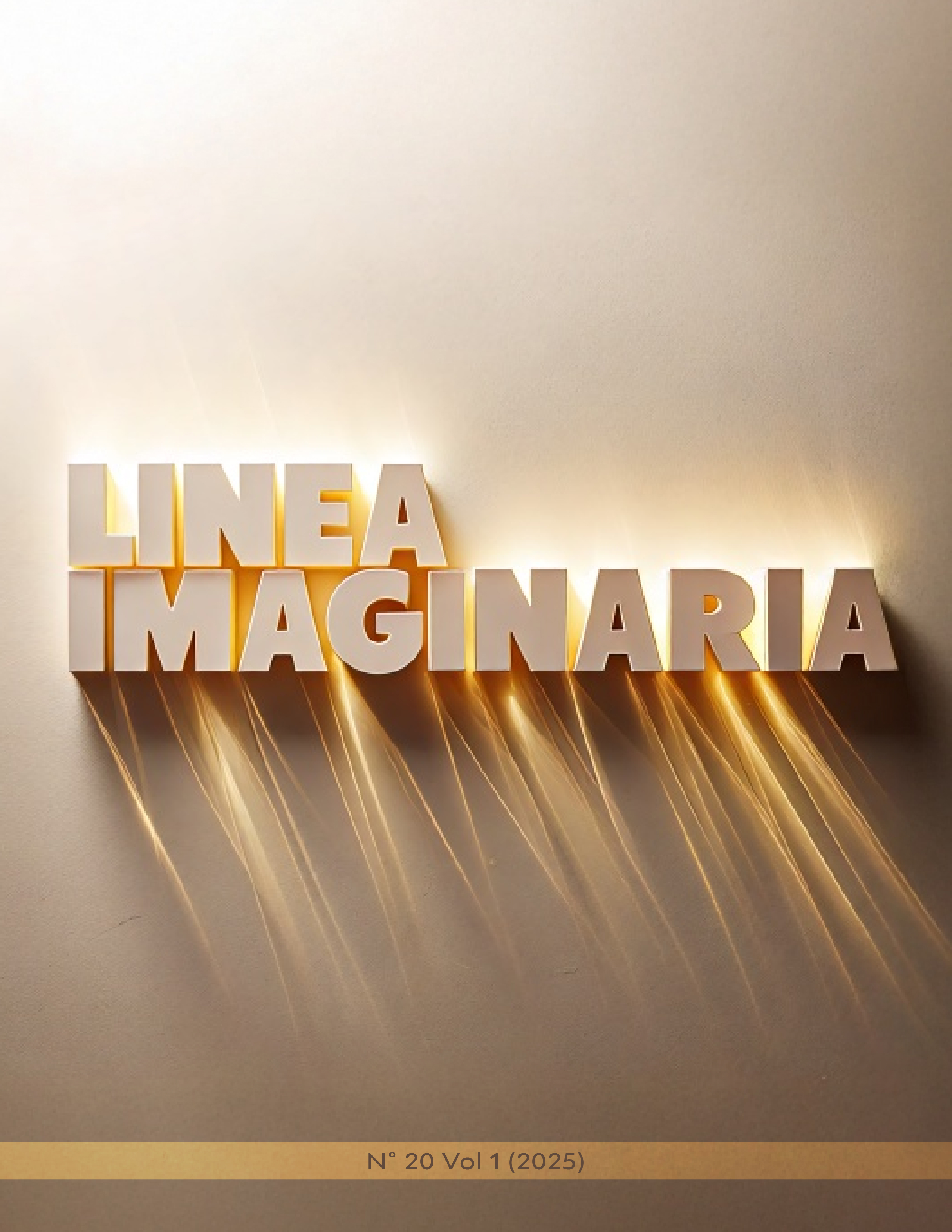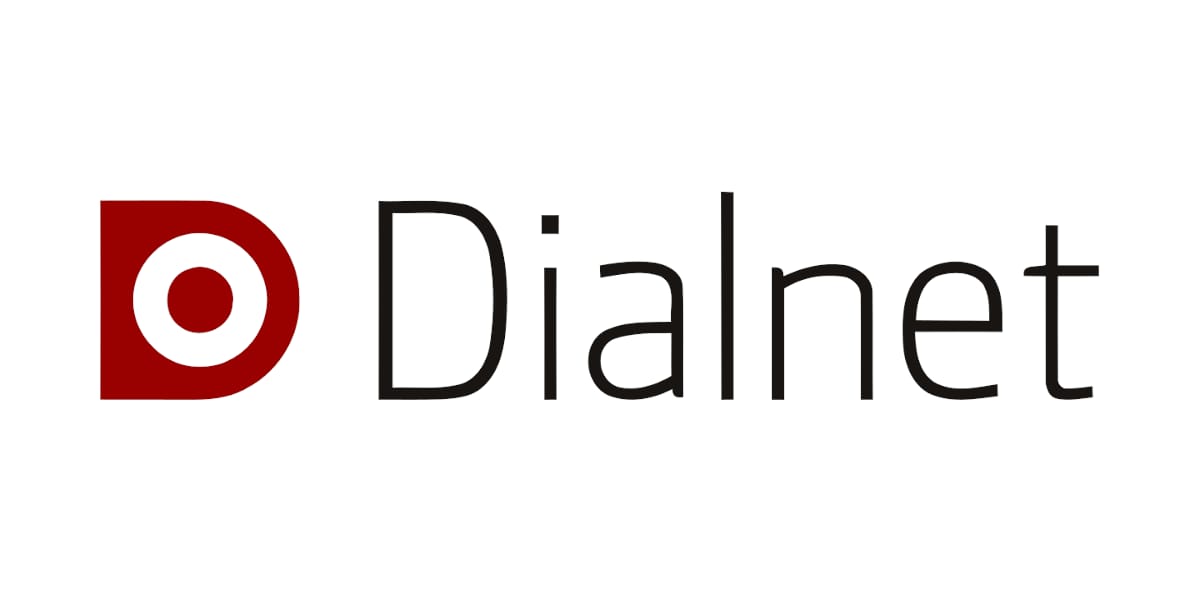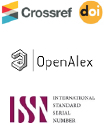DIGITAL TECHNOLOGIES AS A PEDAGOGICAL RESOURCE FOR STRENGTHENING THE LEISURE OF ELEMENTARY SCHOOL STUDENTS
DOI:
https://doi.org/10.56219/lneaimaginaria.v1i20.3723Keywords:
Good practices, digital technologies, recreation, curricular design, teaching strategiesAbstract
Today's digital technologies have greatly permeated various social scenarios, including education. It is often observed that students can obtain information almost instantaneously through electronic networks with just a click. Consequently, the following general objective emerges: To generate best practices for implementing digital technologies as a pedagogical resource to enhance student recreation in primary education at the Rural Educational Center "Cerro Viejo," located in the rural area of the municipality of "La Playa" in the Norte de Santander department, Colombia. This theoretical contribution stems from an investigative experience aimed at applying a digital album as a pedagogical strategy to strengthen interdisciplinarity from a recreational perspective. The methodology used involved qualitative research with an interpretative paradigm and phenomenological method, utilizing the technique of deconstructing the phenomenon related to teaching and learning processes. The goal is to provide educators with resources to help improve academic performance through the use of ICT in pedagogical practices. The conclusion is that best pedagogical practices can enhance educational quality in teaching processes.
Downloads
References
Espinosa Cevallos, P. A., & Arteaga-Alcívar, Y. (2023). Recreación y juego en la educación preescolar. Revista Tecnopedagogía E Innovación, 2(2), 65–80. https://doi.org/10.62465/rti.v2n2.2023.57 DOI: https://doi.org/10.62465/rti.v2n2.2023.57
Espinoza, E., & Toscano, D. (2015). Metodología de Investigación Educativa y Técnica. Ediciones Utmach.
Fuster, D. (2019). Investigación cualitativa: Método fenomenológico hermenéutico. Representaciones, 7(1), Propósitos 201-229. http://dx.doi.org/10.20511/pyr2019.v7n1.267 Gómez Díaz, J. P., & Retete Ávila, C. D. C. (2021). El juego como una estrategia en el inicio de la lectoescritura en los niños de 5 a 6 años en la ciudad de Quito, durante el año 2021 (Bachelor's thesis, Quito: UCE). Jaimes Delgadillo, A. J. (2019). El juego como mediador del aprendizaje significativo en aulas polivalentes (Doctoral dissertation, Corporación Universitaria Minuto de Dios)
Martínez, M. (2014). Ciencia y arte en la metodología cualitativa. (2ª ed.). México: Trilllas. Melián, Y., & Suárez C. (2019). Potencialidades de la recreación física para la formación de cultura ambiental mediante proyectos comunitarios. Revista Conrado, 15(70), http://scielo.sld.cu/revistas/rc/eaboutj.htm
Morán, F. E., Morán, F. L., Morán, F. J., y Sánchez, J. A. (2021). Tecnologías digitales en las clases sincrónicas de la modalidad en línea en la Educación Superior. Revista de Ciencias Sociales (Ve), XXVII(3), 317- 333.
Sanabria Navarro, J. R., Silveira Pérez, Y., Guillen Pereira, L., & Pérez Bravo, D. D. (2019). Emprendimientos deportivos: Caso Subregión Sabana, Departamento de Sucre, Colombia (Sport entrepreneurship: Sub-region Sabana, Department of Sucre, Colombia). Retos, 35, 140–146. https://doi.org/10.47197/retos.v0i35 .64124. DOI: https://doi.org/10.47197/retos.v0i35.64124
Downloads
Published
How to Cite
Issue
Section
License
Copyright (c) 2025 LÍNEA IMAGINARIA

This work is licensed under a Creative Commons Attribution-NonCommercial-ShareAlike 4.0 International License.
La revista Línea Imaginaria conserva los derechos patrimoniales (copyright) de las obras publicadas, que favorece y permite la reutilización de los mismos bajo la licencia Creative Commons Atribución-NoComercial-CompartirIgual 4.0 , por lo cual se pueden copiar, usar, difundir, transmitir y exponer públicamente, siempre que se cite la autoría y fuente original de su publicación (revista, editorial, URL y DOI de la obra), no se usen para fines comerciales u onerosos y se mencione la existencia y especificaciones de esta licencia de uso. Si remezcla, transforma o crea a partir del material, debe distribuir su contribución bajo la misma licencia del original.















